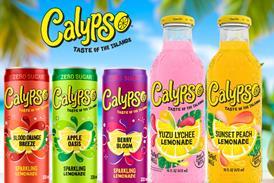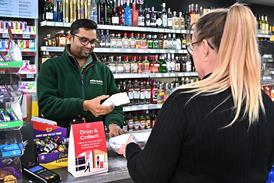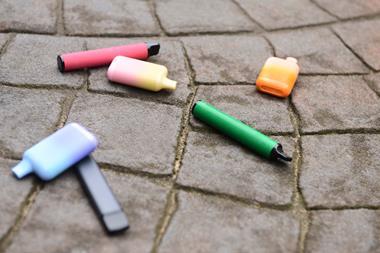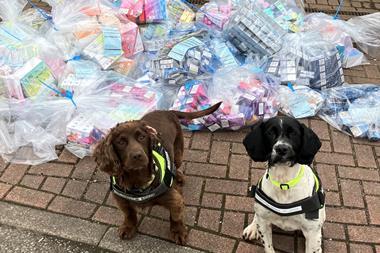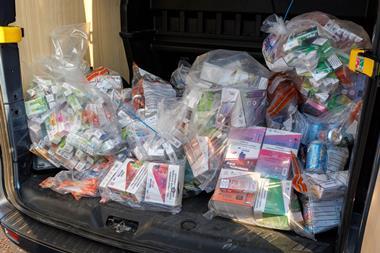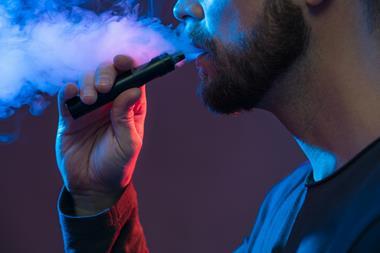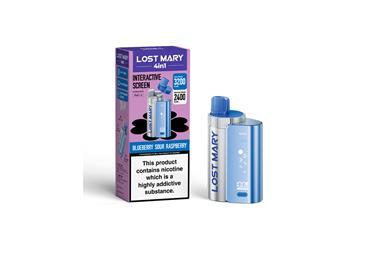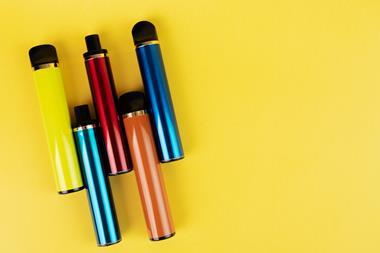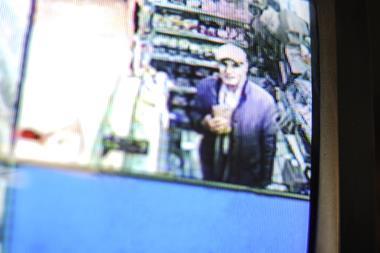Black market warning over BMA vape recommendations

The British Medical Association has outlined its recommendations for legislation aimed at addressing the increasing use of vapes, particularly among children and young people
ALREADY HAVE A REGISTERED USER ACCOUNT? PLEASE LOG IN HERE
To read the full story join the ConvenienceStore.co.uk community today!
Registration is quick and easy and provides access to:
- Unlimited ConvenienceStore.co.uk articles
- Our great range of newsletters
- Content you’ve saved for later via the ‘my library’ feature
And much more…









